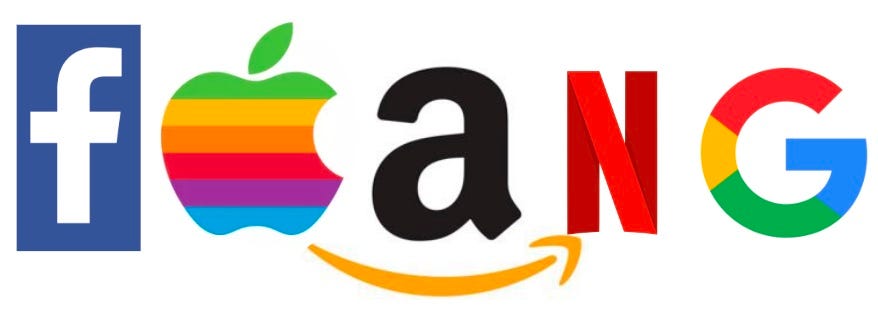The Only One in the Room: The Illusion of Progress in Tech
Where Are All the Black People in Tech?
I spent 10 years off & on at a FAANG company, with a few other years scattered across tech companies you’ve definitely heard of. I wasn’t in a highly coveted technical role, such as Engineering, but I led from within the business, primarily in Product Marketing. Even in that lane, I was often one of the few Black women in my discipline, or one of even fewer in leadership.
I trained for my company’s Bar Raiser program (falling just short of a few requirements before my layoff). I managed multidisciplinary teams that spanned Engineering, Creative, Product Management, and Business Ops. I made hiring decisions. I shaped org structures. I influenced product roadmaps.
And yet, every time I opened a headcount, no matter how intentional I was, my pipeline of talent - despite personal outreach & allyship - had very few Black or Brown candidates. That wasn’t by accident. It’s by design.
Men lie.
Women lie.
Numbers don't.
Black Americans make up about 13% of the U.S. population. But in tech? We're barely there:
Only 7–8% of the tech workforce is Black (according to McKinsey, NAACP, and EEOC).
In highly technical roles like software engineering or data science, Black representation drops to just 3.7%, especially within some of the most elite firms.
Black women account for only 1.4% of C-suite positions across all industries.
At Google, one of the most powerful tech companies in the world:
Black employees make up 5.7% of the U.S. workforce.
Only 5.1% hold leadership positions.
Leadership remains overwhelmingly Asian and white.
DEI hiring goals, including a pledge to grow Black leadership by 30%, were quietly paused in 2025. Google source, AP News
So Where Are All the Black People?
We’re here. We’ve been here. But tech has created a system where being seen isn’t the same as being supported, and where being present doesn’t guarantee power. I've lived this paradox: being a respected leader, yet rarely seeing reflections of myself across the table or in the pipeline.
As titles get longer and checks get bigger, Black representation plummets:
Only 5.7% of tech managers are Black.
Just 3% of the Fortune 500 tech C-suite is Black.
And in senior roles at Big Tech? 0.6%. That’s not a typo.
These numbers don’t reflect a pipeline problem. They reflect a power access problem.
Who’s Actually Benefiting from DEI?
Contrary to the mission statements, many DEI initiatives have disproportionately benefited white women, not communities of color. That’s not shade—it’s stats. Structural change has been incremental at best for other marginalized groups.
Mandatory DEI trainings? Often ineffective. Sometimes even counterproductive.
Black professionals are frequently over-mentored and under-sponsored, invited to speak, but not to lead. Asked to advise, but not to own. Celebrated for “resilience” while being shut out of decision-making.
Raise Your Visibility. Aim Higher.
We don’t just need a seat at the table. We need leverage at that table.
Here are some practical ways Black professionals in tech can start claiming space and scaling influence:
Treat Visibility Like a Strategy
Speak publicly. Build a digital presence. Share your work. Don’t just do the job, document it.Build Power, Not Just Presence
Focus on high-impact, high-comp roles like Product, Engineering, Data, or Revenue. Say yes to roles that stretch, not just support.Find Sponsors, Not Just Mentors
Mentors give advice. Sponsors open doors. Look for people willing to say your name in rooms you’re not in.Join Collective Power
Tap into orgs like /dev/color, Blacks in Tech, Black Product Managers, and Techqueria. There’s strength and strategy...in numbers.Know Your Worth & Negotiate for It
We don't aim high enough. I'm here to tell you. Learn the market. Benchmark your role. Negotiate early and often. Closed mouths don’t get fed comped.
Until Black professionals have equitable access to influence, ownership, and leadership in tech, we’re not done. The industry is building the future, and if we’re not meaningfully included, we’ll keep being economically excluded.
So again—where are all the Black people?
We’re in the wings. We’re working twice as hard. But it's time to make ourselves undeniable.




